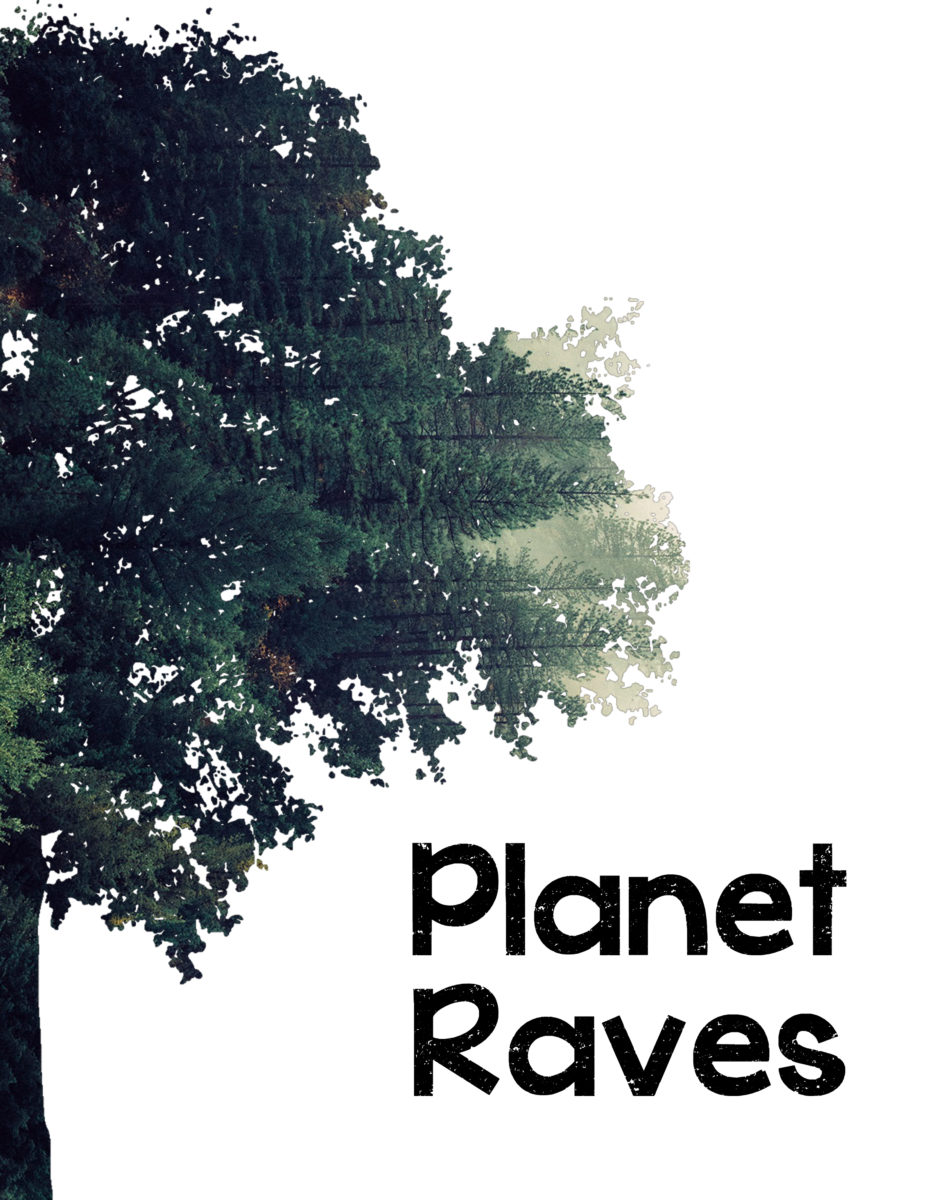Silver Donald Cameron is a former professor and journalist who, along with his colleague, filmmaker Chris Beckett, created the Green Rights Project, seeking to educate people on the need for green rights. He came to St. Thomas University on Sept. 29 to deliver the lecture “The Human Right to a Healthy World.”
A green right is one’s entitlement as a human being to the basic resources of survival, such as clean and unpolluted air and water. In many countries around the world, these entitlements are protected by the constitutions of the nations.
Green rights also include the ability to voice concerns over the abuse of these resources, such as grounds for lawsuit, i.e. against a major bottling corporation that might be poisoning water supplies with run-off residues from their plant.
The need for promotion of green rights stems from problems with the economic systems in place around the world. Many major corporations have a singular goal: make the most profit possible in the easiest and most effective way they can. Due to this, big companies have caused the world’s economies to fall into progress traps.
Citing author Ronald Wright, Cameron explained that progressing further and innovating new and easier ways of distributing goods and services to populations comes at the cost of heavy and unchecked use of resources with little policing over how future supply of all world resources are affected. This is the progress trap, and will ultimately cause the system to fail. Many major corporations waste 93 per cent of resources when producing their goods and services. Newfoundland’s codfish industry collapsed from extreme overfishing. These are just two examples of the effects this system has. Green rights are required to give the people a voice in these matters, so that governments and legal systems can step in and say no to harmful economic practices.
Canada is one of the few countries that does not establish green rights in its constitution. The United States is also among this number of nations. Cameron explained this has not stopped Canadians from fighting for the protection of their health and their environment. He gave the local example of the 2013 shale gas fracking protest. In the communities of Rexton and Elsipogtog, First Nations, Acadian and Anglophone neighbours spoke out and protested against companies who wanted to begin fracking (searching for shale gas underground), which posed a threat to the integrity of the region’s drinking water. Because of their protest, the New Brunswick government established a moratorium on fracking, eventually sending the shale gas companies packing, and for the moment, no fracking is to take place.
Cameron also mentioned that lawyer Larry Kowalchuk is in the process of filing a lawsuit on behalf of the residents of Elsipogtog on grounds that the government granted fracking leases on unceded Mi’kmaq territory without the their permission. This expression of green rights is enshrined in treaty rights that are already protected in the Canadian constitution.
On the topic of Canada’s environmental future, Cameron is hopeful. As long as public awareness continues to grow, the demand for action will be strengthened. Green rights within Canada’s constitution are foreseeable, as long as citizens continue to advocate for them.
The Green Rights Project exhibits strong understanding of the environmental problems the world faces. Cameron’s initiative sees past the surface problems and goes straight to the structures supporting them. The Green Rights Project reveals the patterns of behaviour, especially by major corporations, that put humanity’s essential resources at risk, and the economic systems in place that set up these conditions, such as the corporate profit motive and the societal goal of economic growth. This initiative asks the questions needed to change the discourse and provides a justice-based solution to the problems global populations are facing.
The Green Rights Project showed that as major companies continue to pursue large profits, the integrity of basic means of survival face peril. To protect them, the voices of the people must be heard so that these essentials of clean air and water are protected.
Planet Raves is The Aquinian’s newest environmental column, featuring reflections from students in environmental studies classes.

